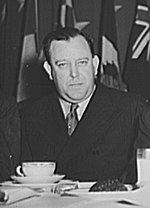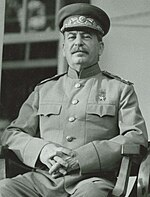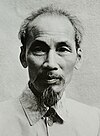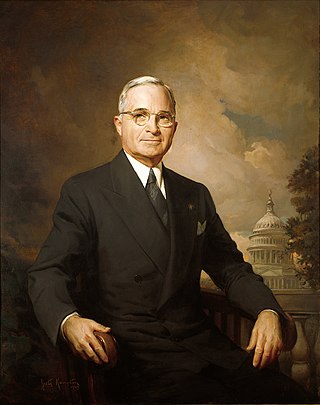
The Truman Doctrine is an American foreign policy that pledges American support for democracies against authoritarian threats. The doctrine originated with the primary goal of countering the growth of the Soviet bloc during the Cold War. It was announced to Congress by President Harry S. Truman on March 12, 1947, and further developed on July 4, 1948, when he pledged to oppose the communist rebellions in Greece and Soviet demands from Turkey. More generally, the Truman Doctrine implied American support for other nations threatened by Moscow. It led to the formation of NATO in 1949. Historians often use Truman's speech to Congress on March 12, 1947, to date the start of the Cold War.
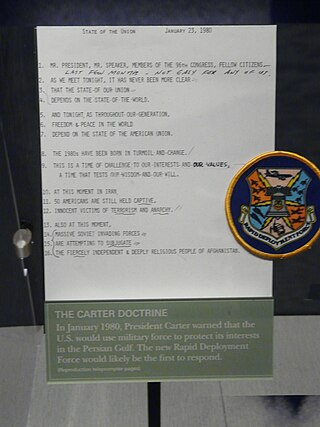
The Carter Doctrine was a policy proclaimed by President of the United States Jimmy Carter in his State of the Union Address on January 23, 1980, which stated that the United States would use military force, if necessary, to defend its national interests in the Persian Gulf. It was a response to the Soviet Union's intervention in Afghanistan in 1979, and it was intended to deter the Soviet Union, the United States' Cold War adversary, from seeking hegemony in the Persian Gulf region.

Igor Sergeyevich Gouzenko was a cipher clerk for the Soviet embassy to Canada in Ottawa, Ontario, and a lieutenant of the Soviet Main Intelligence Directorate (GRU). He defected on September 5, 1945, three days after the end of World War II, with 109 documents on the USSR's espionage activities in the West. In response, Canada's Prime Minister, Mackenzie King, called a royal commission to investigate espionage in Canada.

Harold LeClair Ickes was an American administrator, politician and lawyer. He served as United States Secretary of the Interior for nearly 13 years from 1933 to 1946, the longest tenure of anyone to hold the office, and the second longest-serving Cabinet member in U.S. history after James Wilson. Ickes and Labor Secretary Frances Perkins were the only original members of the Roosevelt cabinet who remained in office for his entire presidency.

The following events occurred in December 1972:

The following events occurred in November 1972:

The following events occurred in July 1960:

The following events occurred in January 1946:
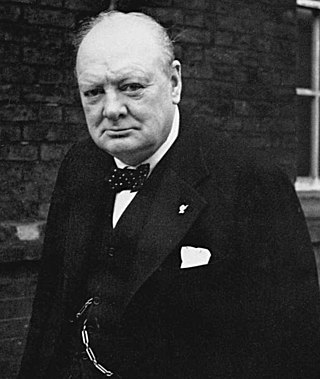
The following events occurred in March 1946:

The following events occurred in May 1946:

The following events occurred in January 1927:

The following events occurred in June 1946:

The following events occurred in July 1946:

The following events occurred in September 1946:

The following events occurred in October 1946:
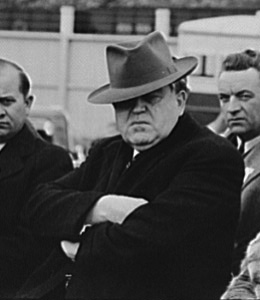
The following events occurred in November 1946:

The following events occurred in April 1950:

The following events occurred in September 1950:

The following events occurred in November 1950:
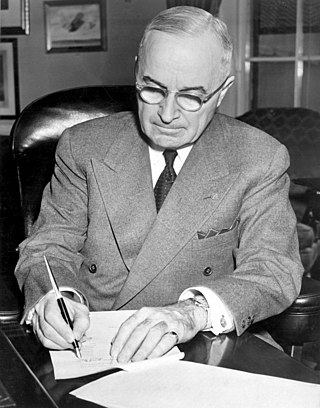
The following events occurred in December 1950:

